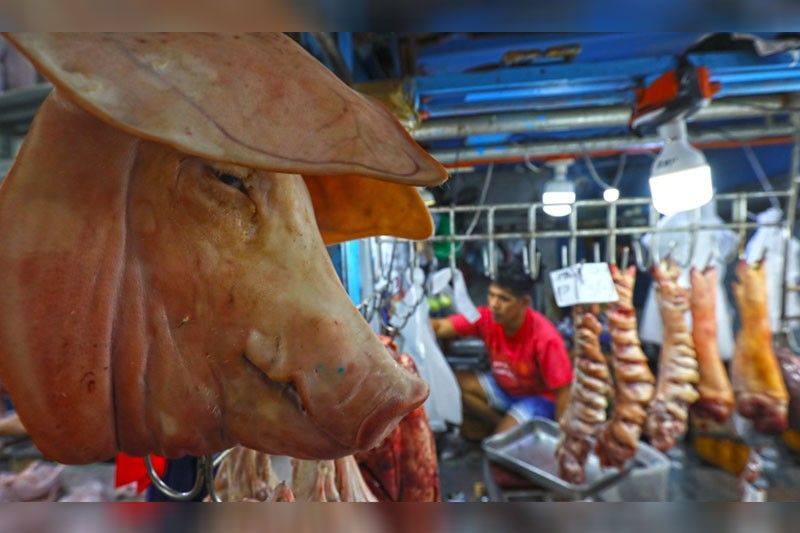ASF-free provinces down to 11

MANILA, Philippines — The number of provinces under ”dark green” category or with no cases of African swine fever (ASF) has dropped from 20 to 11, latest data from the Bureau of the Animal Industry (BAI) showed.
The BAI said only Batanes, Occidental Mindoro, Palawan, Bohol, Siquijor, Biliran, Bukidnon, Basilan, Lanao del Sur, Sulu and Tawi-Tawi remain free from the swine disease.
Oriental Mindoro, Romblon, Masbate, Aklan, Antique, Negros Occidental, Negros Oriental, Misamis Occidental and Maguindanao del Norte are no longer on the list of provinces under dark green category.
Last month, a state of calamity due to ASF was declared in Roxas and Mansalay towns in Oriental Mindoro as well as the entire province of Nueva Vizcaya.
ASF outbreaks were also recorded in Tabuk City in Kalinga and 11 towns in Isabela.
Meanwhile, 371 towns and cities were upgraded to ”pink” or buffer zone from ”red” or infected zone.
Eighty-eight towns were upgraded to ”yellow” or surveillance zone from pink or buffer zone.
The BAI said 158 barangays in 93 towns in 13 provinces nationwide remain infected with ASF.
Pork Producers Federation of the Philippines chairman and AGAP party-list Rep. Nicanor Briones said the hog industry has incurred losses of up to P200 billion since ASF cases were recorded in 2019.
Agriculture Undersecretary for livestock Deogracias Victor Savellano said the first biosecure swine multiplier technology demonstration farm in the country was launched in Natividad, Pangasinan as part of the government’s campaign against ASF.
“We will repopulate our hog sector through these swine technology centers,” Savellano said. ”We have put in place biosecurity measures that use a standard shelter design for hogs to keep small farms away from ASF.”
He said the Department of Agriculture (DA) allocated P40 million for the establishment of four biosecure swine multiplier technology farms in Ilocos.
The other three will be built in Manaoag in Pangasinan as well as Candon and Vigan in Ilocos Sur.
“The facilities will provide support to local raisers by making available breeders and breeding materials and by producing adequate and quality stocks to supply DA and other agencies’ needs for sustainability in production,” he said.
- Latest
- Trending
































